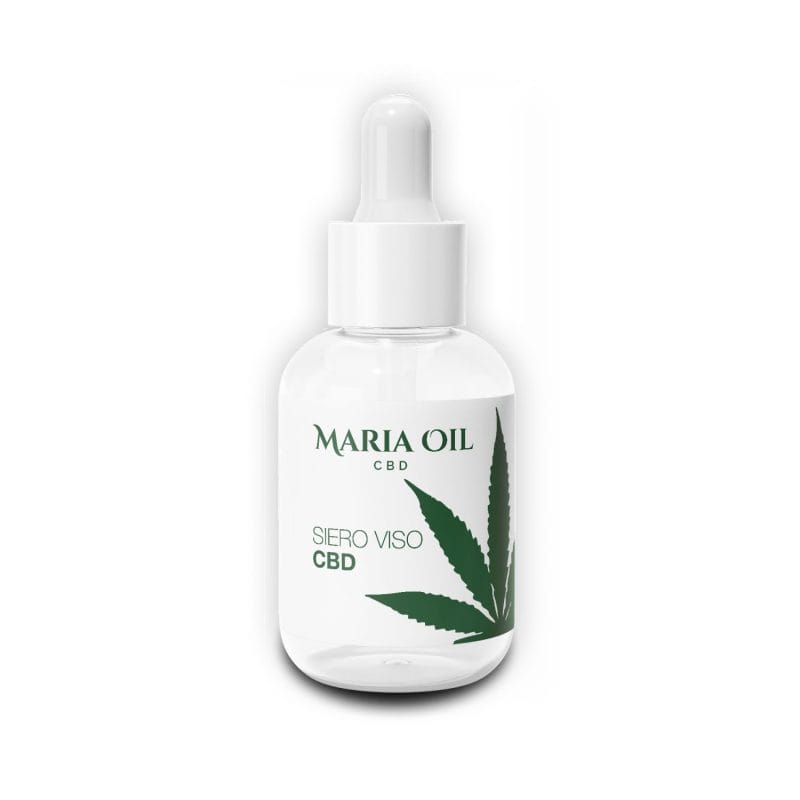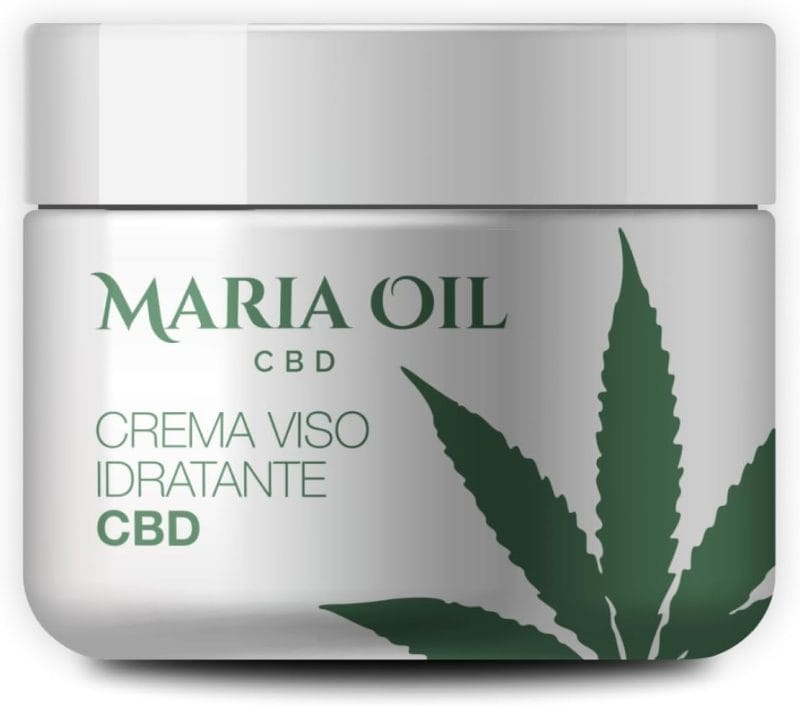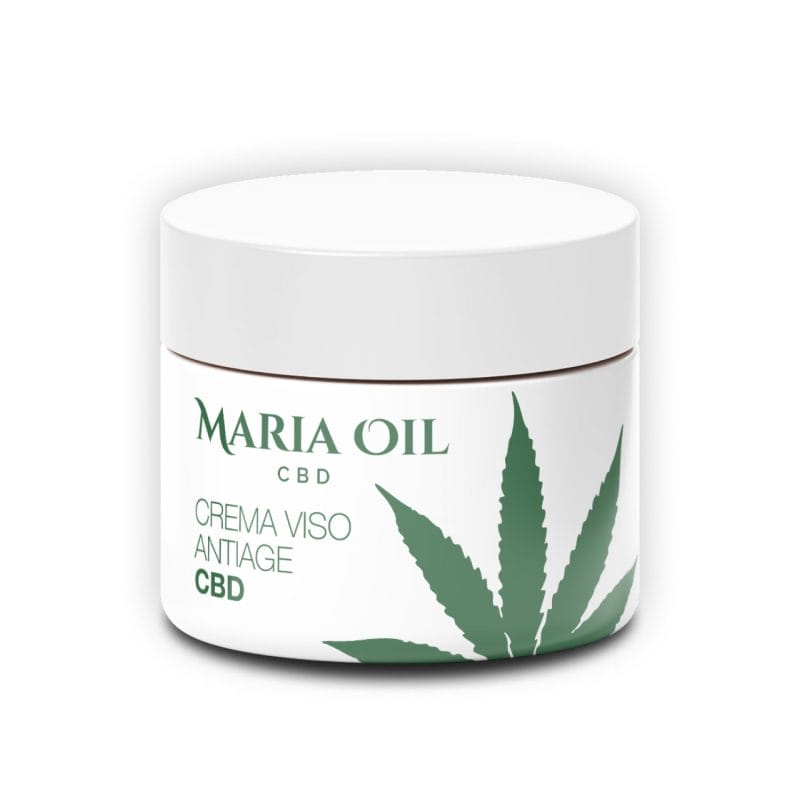Dry skin is a common problem that can affect anyone, regardless of age, gender or season. It is characterised by a lack of moisture, which can lead to a range of symptoms, including itching, flaking, redness and cracking.
Sometimes it happens in winter or when you are in contact with water a lot. But other times you may suffer from it and not really be able to find an explanation. Except that it is an annoying condition that limits you in your life.
The good news is that there are many natural remedies for dry skin that can help you treat it.
Natural remedies are often effective for everyone and free of side effects, which makes them a good choice if you want to avoid harsh chemicals found in cosmetics and over-the-counter medicines.
In this article, we will explore some of the best natural remedies for dry skin and understand how to take care of it during the day so that it is always soft and supple.
-
Product on sale
 CBD Face SerumOriginal price was: £31.00.£12.40Current price is: £12.40.
CBD Face SerumOriginal price was: £31.00.£12.40Current price is: £12.40. -
Product on sale
 CBD Moisturising Face CreamOriginal price was: £27.00.£10.80Current price is: £10.80.
CBD Moisturising Face CreamOriginal price was: £27.00.£10.80Current price is: £10.80.
How to recognise dry skin
Dry skin is characterised by a lack of moisture that can lead to a number of consequences.
The most common symptoms are:
- Desquamation: the skin is rough and can crack, which can lead to cracking and bleeding;
- Redness: the affected area is red and inflamed;
- Sensation of tension: the skin may appear tense and tight;
- Itching: dehydration can lead to itching and a tendency to scratch, sometimes excessively.
The symptoms of dry skin can be more serious in some parts of the body, such as hands, feet, arms and legs. Dry skin in the face is also not unusual and must be treated with special care.
How to recognise dry skin? Try rubbing the portion of the skin. If it looks rough, cracked or scaly it is most likely excessively dry.
Why does the skin get very dry?
First of all, it is important to understand why the skin dries out. The skin consists of three layers: the epidermis, the dermis and the hypodermis. The epidermis is the outermost layer and plays an important role in protecting the skin from external aggression.
Dry skin occurs when the epidermis does not produce enough sebum, a natural oil that helps keep the skin hydrated.
There are also a number of factors that can contribute to dry skin, including:
- Age: skin tends to become drier with age;
- Genetics: some people are simply more predisposed to dry skin;
- Climate: skin is more susceptible to dryness in cold, dry climates;
- Diet: a diet low in water, fruit and vegetables may contribute;
- Stress: stress can alter sebum production by the skin;
- Certain medications: such as diuretics, can dry out the skin.
In addition to these causes, the use of harsh cleansers and exposure to extreme environmental factors, such as wind and air conditioning, can also contribute to dry skin.
What vitamin is missing when you have very dry skin? Vitamin E, an antioxidant that helps protect the skin from damage caused by free radicals and is found in vegetable oils, dried fruits and green leafy vegetables. Free radicals are unstable molecules that can damage skin cells, causing dryness, wrinkles and other problems.
Why are natural remedies the ideal solution for dry skin?
Natural remedies for dry skin are part of a holistic approach that does not just eliminate symptoms, as over-the-counter drugs do. Rather, the aim is to rebalance the body so that the problem does not recur so easily.
They are the ideal solution for dry skin for several reasons because they are:
- Delicate: they are gentler on the skin than aggressive chemicals in cosmetics and over-the-counter drugs, which means they are less likely to cause irritation or allergies;
- Effective: natural remedies for dry skin are usually more effective, and have been used for centuries to treat a variety of skin problems;
- Virtually free of side effects: this makes them a good choice for people with sensitive skin or who wish to avoid harsh chemicals in cosmetics and medicines, e.g. there are CBD cosmetics for all skin types.
Remember, however, that if you suffer from allergies, it is advisable to first do a small test of the products on a defined portion of the body to check for adverse reactions.
Products and treatments for dry skin
There are many products and natural remedies for dry skin. These products can be divided into three main categories:
- Moisturisers: they retain moisture in the skin, since if you remember, dehydration is the main cause of dry skin;
- Repairers: they repair damaged skin;
- Exfoliants: remove dead skin cells.
Let’s look in detail at all the products you might need.
Moisturising products
Moisturisers are the basis of dry skin care, they retain moisture and make the skin softer and more supple.
They can be applied to both the face and the body. Face products are generally lighter and rich in moisturising ingredients, while body products are more nourishing.
The most common moisturising products include:
- Moisturising cream: this is the most popular product, it can be CBD or aloe vera based; the benefits of CBD cosmetics range from anti-inflammatory to moisturising, while aloe vera is soothing and offers immediate relief;
- Moisturising balm: a nourishing product can be shea butter, known for its emollient and anti-inflammatory properties, which are great for restoring skin elasticity;
- Moisturising oil: the most moisturising natural oils are CBD oil, olive oil and coconut oil.
But this is only the first step, now let’s move on to the second.
-
Product on sale
 CBD Anti Ageing Face CreamOriginal price was: £31.00.£12.40Current price is: £12.40.
CBD Anti Ageing Face CreamOriginal price was: £31.00.£12.40Current price is: £12.40. -
Product on sale
 CBD Moisturising Face CreamOriginal price was: £27.00.£10.80Current price is: £10.80.
CBD Moisturising Face CreamOriginal price was: £27.00.£10.80Current price is: £10.80.
Repairing products
Repair products are useful for treating dry and damaged skin. They help repair the skin barrier, which is the skin’s first line of defence against damage.
Here are the restorative products you can try:
- Cream with hyaluronic acid: attracts and retains moisture, providing deep hydration and improving the skin’s elasticity;
- Natural oils: as an oil for dry skin we recommend argan oil rich in fatty acids and vitamin E, rosehip oil with antioxidants and essential fatty acids to reduce scarring, and jojoba oil similar to the skin’s natural sebum to balance oil production;
- Shea butter: with emollient properties, offers intensive moisturising and promotes repair of the skin barrier;
- Balm with camomile: camomile has soothing properties that can reduce irritation and calm dry skin.
Always remember to choose products suited to your skin type and preferably free of harsh chemicals to maximise the benefits of skin care.
-
Product on sale
 CBD Face SerumOriginal price was: £31.00.£12.40Current price is: £12.40.
CBD Face SerumOriginal price was: £31.00.£12.40Current price is: £12.40.
Exfoliant products
Finally, every so often, it is important to exfoliate the skin to remove all impurities.
Here are some natural exfoliating products suitable for dry skin:
- Brown sugar: mixed with olive or coconut oil, creates a gentle scrub that removes dead skin cells and moisturises simultaneously;
- Oats: reduces dryness and irritation, perfect when mixed with yoghurt or honey;
- Sea salt: mixed with sweet almond oil or jojoba oil, can be used as an exfoliating scrub to remove dead skin cells;
- Ground coffee: with stimulating properties, when mixed with coconut oil, offers an effective and stimulating exfoliation;
- Oatmeal: powdered and combined with honey or yoghurt, it is gentle and soothing, ideal for dry and sensitive skin;
- Baking soda: mixed with water or olive oil, it acts as a mild exfoliant, helping to cleanse the skin.
Exfoliation should be done in moderation, especially if you have dry skin, to avoid excessively removing the natural protective oils.
In general, the choice of the most suitable product or treatment for dry skin depends on several factors, including the severity of the dryness, skin condition and personal preferences. It is important to consult a dermatologist for advice on which product or treatment is best suited to your case.

Skincare for dry skin
Dry skin can be a real nuisance, with flaking, itching and redness compromising its beauty and our comfort. But don’t worry, with the right skincare routine we can regain hydrated, radiant and soft skin.
Here is a complete guide starting with cleansing:
- Avoid harsh soaps that further dry out the skin;
- Do double cleansing in the evening to effectively remove make-up and impurities without irritating the skin;
- Do not rub the skin, wash your face with gentle circular movements and rinse with lukewarm, not hot, water.
Then move on to moisturisation:
- Choose a rich, nourishing moisturising cream and apply it morning and evening on clean, dry skin;
- Don’t forget the eye area: look for a moisturising cream specifically for this delicate area, which is free of perfumes and alcohol;
- Use moisturising serums: before your moisturiser, you can apply a serum rich in hyaluronic acid or vitamin B5 for a hydration boost;
- Moisturising masks: apply once a week a moisturising mask with aloe vera, honey or cucumber for an intensive treatment.
Finally, don’t forget exfoliation:
- Exfoliating dry skin is important, but gently;
- Avoid overly aggressive chemical exfoliants such as AHAs at high concentrations, which can irritate the skin;
- Do not exfoliate the skin if it is inflamed or irritated.
Finally, let’s look at other general tips for dry skin:
- Sleep well, at least 7-8 hours a night;
- Protect your skin from the sun, even in winter;
- Humidify the air, especially in winter;
- Change your bed and bath linen regularly;
- Avoid stress.
Also, remember that dry skin can be caused by internal factors such as hormonal imbalances or medical conditions. In this case, you should adapt your treatment accordingly.
What not to do if you have dry skin
So far we have talked about treatments for dehydrated skin, to help it become supple and healthy again with best practices.
Now let’s see what not to do:
- Washing the skin too often: dry skin needs to be cleaned gently, not degreased; washing the skin too often can remove the natural oils that help keep it moisturised;
- Showers or baths that are too hot: hot water can dry out the skin, rather take short, lukewarm showers or baths;
- Using harsh soaps: harsh soaps can further dry out the skin;
- Exfoliating the skin too often: exfoliation is important to remove dead skin cells, but it can also irritate dry skin; once or twice a week is more than enough;
- Using skin care products with alcohol or perfume: alcohol and perfume can dry out and irritate the skin even more;
- Smoking: smoking can damage the skin barrier and make the skin more susceptible to dryness;
- Exposing the skin to the sun without sunscreen: UV rays can damage the skin and increase the risk of premature ageing and skin cancer.
Following these tips can help you keep your skin healthy and moisturised and help your whole body be healthy.
Treating dry skin from the inside out
The external care of dry skin we have just seen focuses on moisturising and protecting it. This can be done using specific products such as moisturising creams, emollients and exfoliants.
On the other hand, care from within for dry skin focuses on eating a healthy and nutritious diet. A diet rich in fruit, vegetables and whole grains provides the body with the essential nutrients needed to keep the skin healthy and hydrated.
In particular, some foods that can be helpful for dry skin include:
- Fruits and vegetables: are rich in vitamins, minerals and antioxidants that help maintain healthy skin; some vegetables particularly beneficial for dry skin include carrots, sweet potatoes and spinach;
- Whole grains: are a good source of fibre, vitamins and minerals, they can help keep the skin hydrated and reduce inflammation;
- Protein: important for overall skin health, animal proteins such as meat, fish and eggs are the best sources of protein for the skin;
- Healthy fats: important for overall skin health, fatty fish such as salmon and sardines are a good source of omega-3 fatty acids.
Finally, remember to drink plenty of water, at least 2 litres a day. Because it is important to moisturise the skin from the outside as well as from the inside.
 Contact us
Contact us 






